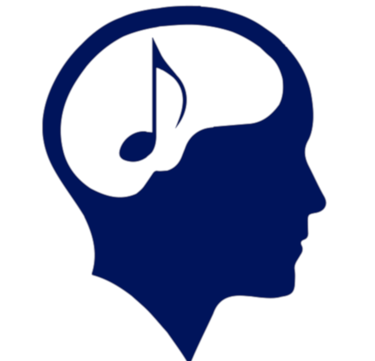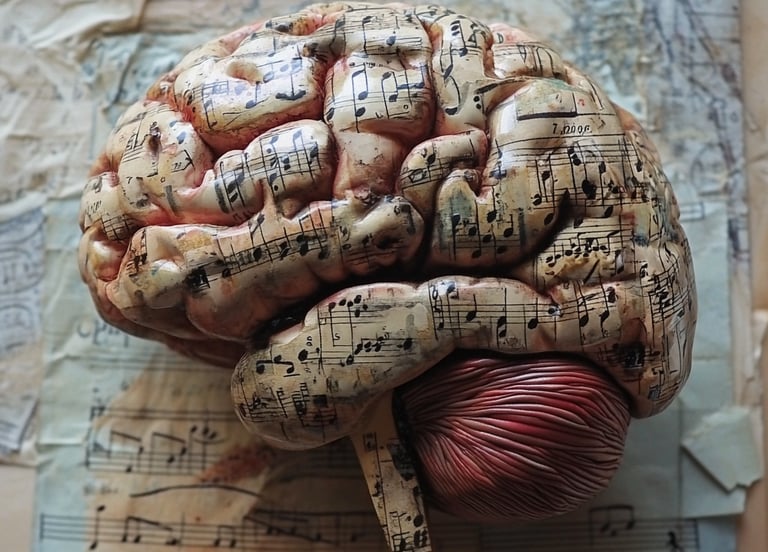
We link personally meaningful songs to everyday health tasks
For Individuals
Enhancing lives through memorable song prompts.
Support for neurodiverse individuals and organisations.
Transforming cognitive care with engaging music.
For Caregivers
For Organisations
M-Tracks is the website of Memory Tracks Ltd
Music - Memory - Motivation
We turn your favourite songs into powerful health tools — helping people remember, recover, and stay on track




MedTracks®
MedTracks uses our song-task-association platform to support people to take their medication regularly and on time
LifeTracks®
LifeTracks supports people to live better with cognitive challenges like ADHD and other neurodivergent issues.
Memory Tracks®
Memory Tracks connects memorable songs to necessary tasks changing behaviour, and make it much easier to give and receive care.
Coming 2026
Relaunch 2026
Music and the Brain
Music reaches deeper into the brain than any other stimulus, engaging five areas where most stimuli touch only one or two. Why this is remains uncertain, perhaps an evolutionary gift, tied to our social nature, but our natural musicality can be a powerful force for supporting and enhancing wellbeing.


Music and Memory
Songs can stir deep emotion and awaken vivid memories. Memory is not stored in one place, but across the brain, with sights, sounds, words, and feelings woven into a network of neural patterns. When recalled, these patterns reactivate, echoing the original experience.
Music, touching multiple pathways at once, can unlock memories even under cognitive strain, giving the brain more routes to remember.
Song-Task-Association: The Power of Memorable Songs
Songs from our early years, heard as our brains were growing and exploring, embed themselves deeply in memory. M-Tracks harnesses this power, pairing music with tasks to cut through the noise of daily life, gently guiding us to remember and act. Beyond prompting action, the songs lift mood and nurture a sense of self.
Through this approach, our products help create stronger routines, support healthier habits, and enrich each day, especially for those with cognitive diversity, ADHD, autism, depression, or other challenges.
Our Musical Brain
Music awakens the brain, stirring a vast network of sound and feeling. The auditory cortex hears, the prefrontal cortex predicts, and the limbic system remembers and feels. Even the body moves, tapping and swaying to its rhythm.
Familiar melodies can unlock memories long hidden, echoing through the hippocampus, sometimes bringing the past vividly alive. Repetition weaves connections, making recall effortless.
Music spills pleasure through dopamine, soothes with gentle release, and binds us together in shared experience, turning sound into something deeply alive.




Memory Tracks Ltd
Empowering care through music and technology.
Support
Connect
contact@memorytracks.co.uk
© 2025. All rights reserved.

